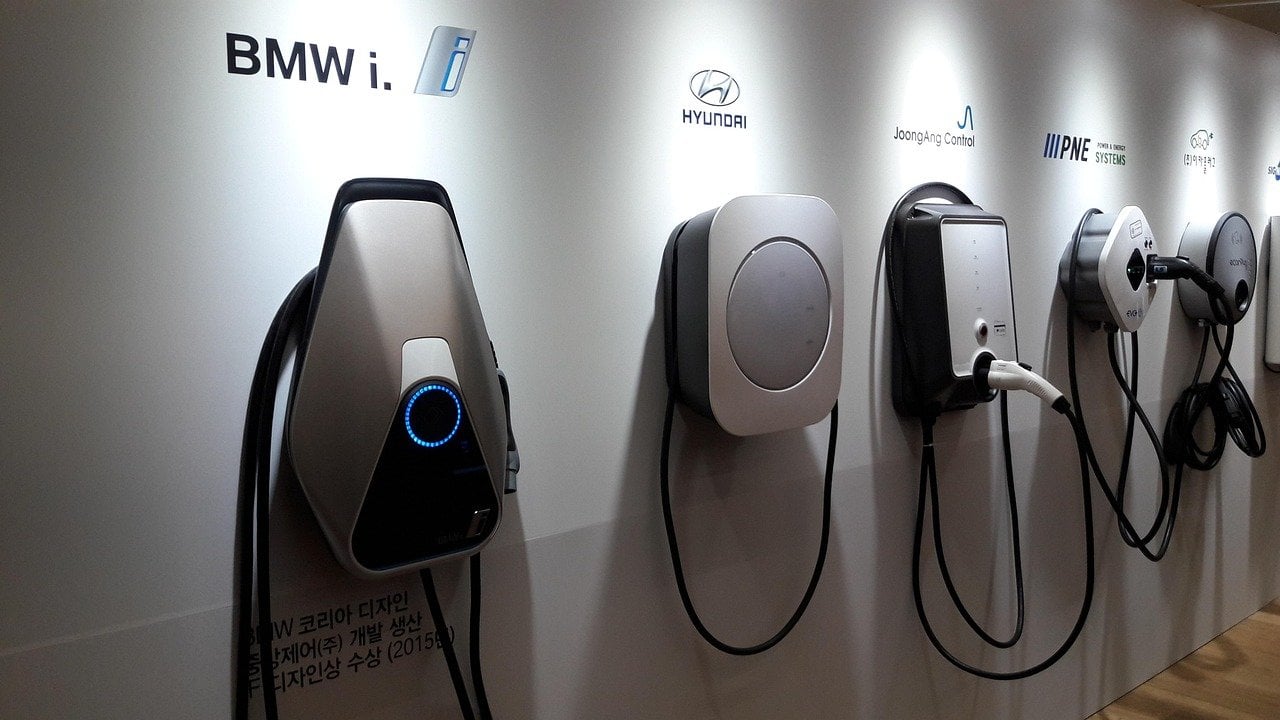Daily News
How Electric Vehicles Can Help Power Earth Day 2025’s Clean Energy Mission
April 22, 2025 marks Earth Day – a powerful global reminder that protecting our planet requires united, immediate action. This year’s theme, Our Power, Our Planet, underscores the urgent need to take control of our energy future through clean, sustainable solutions.

At the heart of the 2025 campaign lies an ambitious but vital goal: to triple global renewable energy capacity by 2030. Achieving this requires an average annual growth rate of 16.6%, a challenge that calls for unprecedented collaboration between governments, industries and individuals alike.
With an ambitious growth rate required to help decarbonise sectors such as transport , the spotlight naturally turns to the electric vehicle (EV) industry, a sector that both shapes and is shaped by the clean energy transition. From automakers and software innovators, to logistics providers and infrastructure developers, the push toward a fully decarbonised transport system hinges on one critical factor: access to clean, scalable and dependable energy sources.
EV industry players are already deeply engaged in this transformation. Yet without a parallel commitment to clean energy generation, the promise of EVs risks falling short. That’s why renewable power sources, such as solar and wind to geothermal and hydroelectric, are just as critical to vehicle manufacturers as they are to battery developers.
The global renewable energy market, valued at $1.21 trillion in 2023, is growing at 17.2% annually, directly benefiting the EV ecosystem. As power grids go green, EV manufacturing, charging and operation become cleaner and more cost-effective.
China, the global leader in both EV production and renewable energy, is scaling rapidly thanks to unmatched solar and wind capacity. In the US, clean energy incentives from the Inflation Reduction Act are cutting household energy costs while expanding EV charging infrastructure.
Countries like Uruguay (98% powered by renewables) and Brazil (68% powered by renewables) prove that abundant clean energy enables low-carbon transport. In Australia, where a third of homes have rooftop solar, EV drivers are increasingly charging with self-generated power, boosting energy independence and sustainability.
As renewable energy grows, EVs become cleaner, cheaper and more accessible than ever. Expand your knowledge within this sector and study the Institute’s CPD accredited Electric Vehicles course, discovering the advantages and opportunities of the electric vehicle and EV recharging sectors.
Sources:
